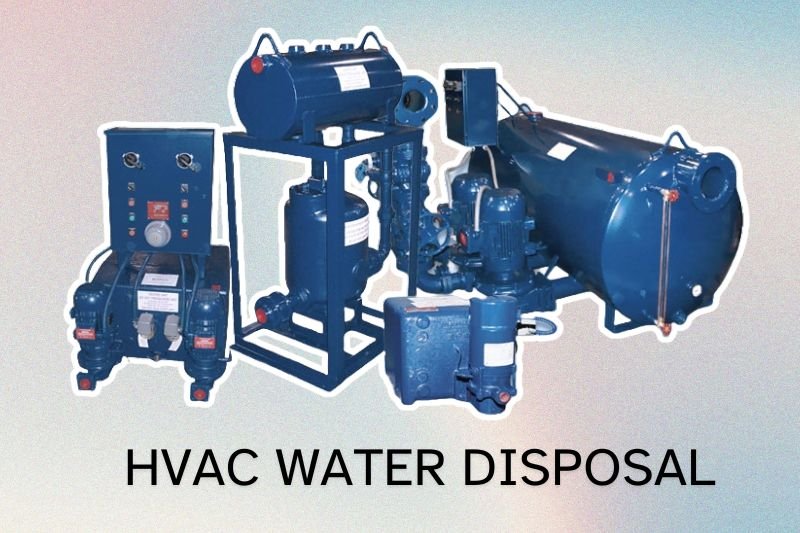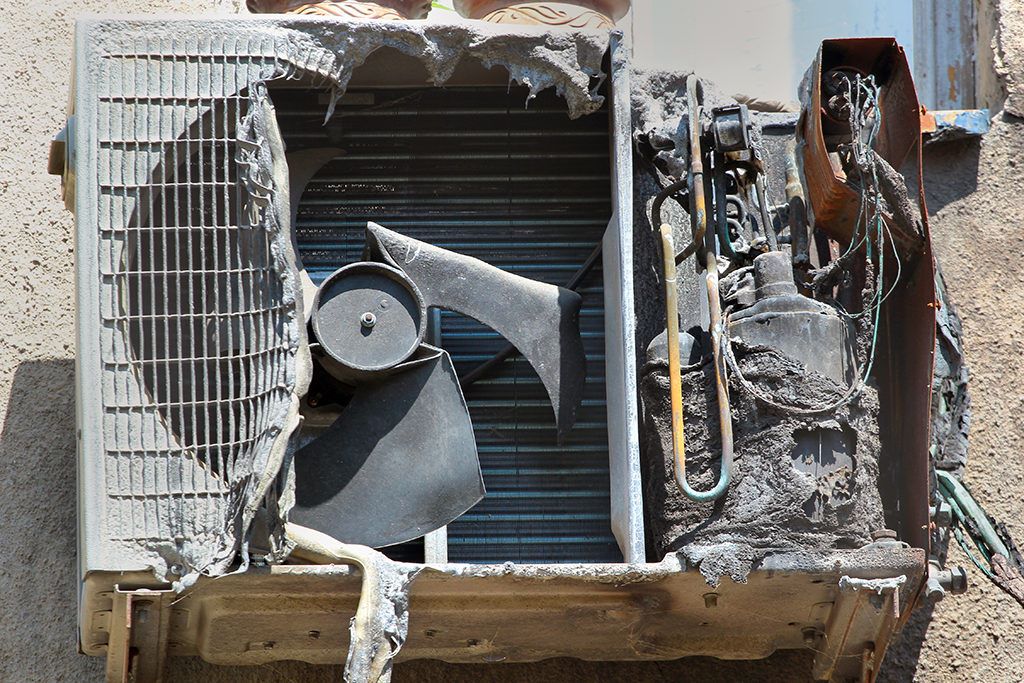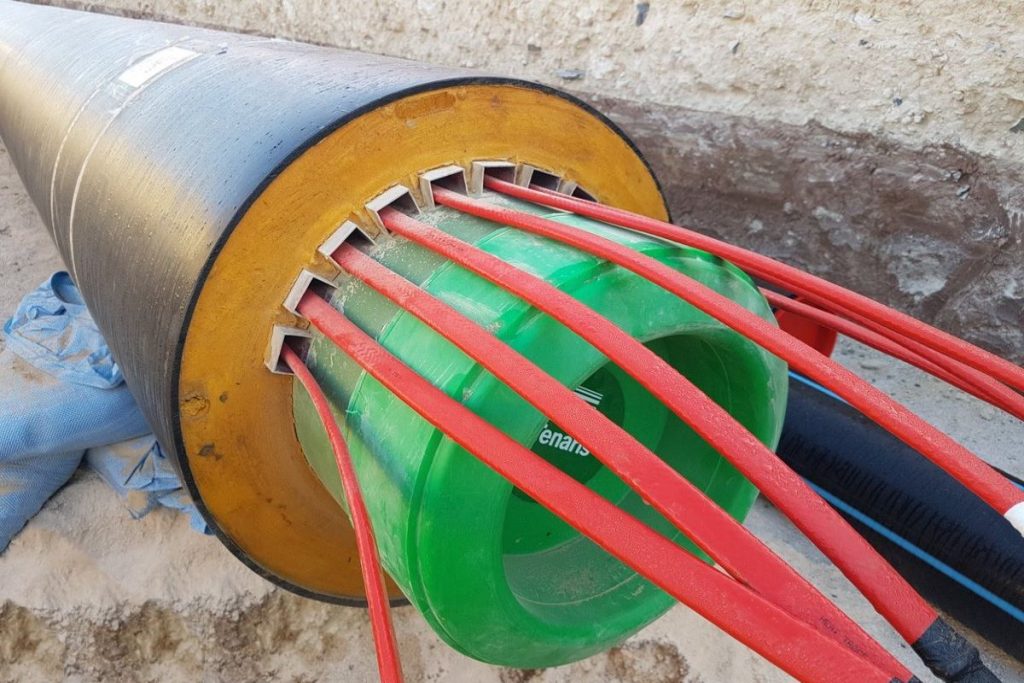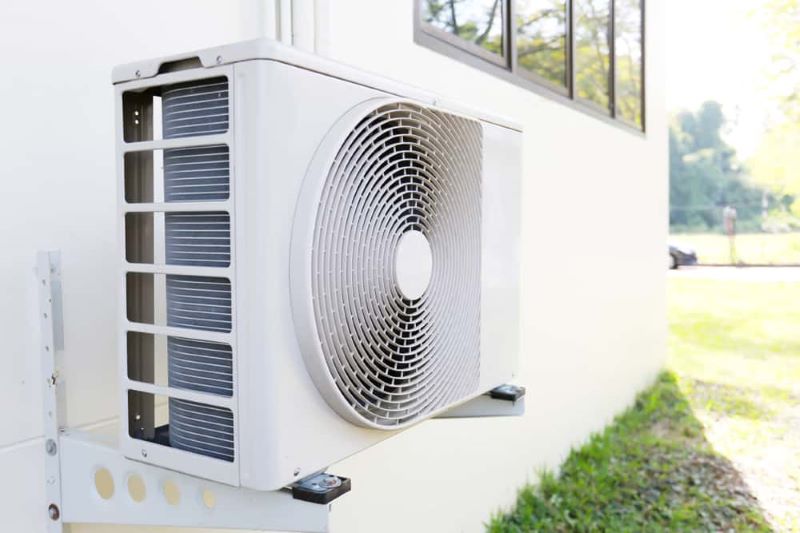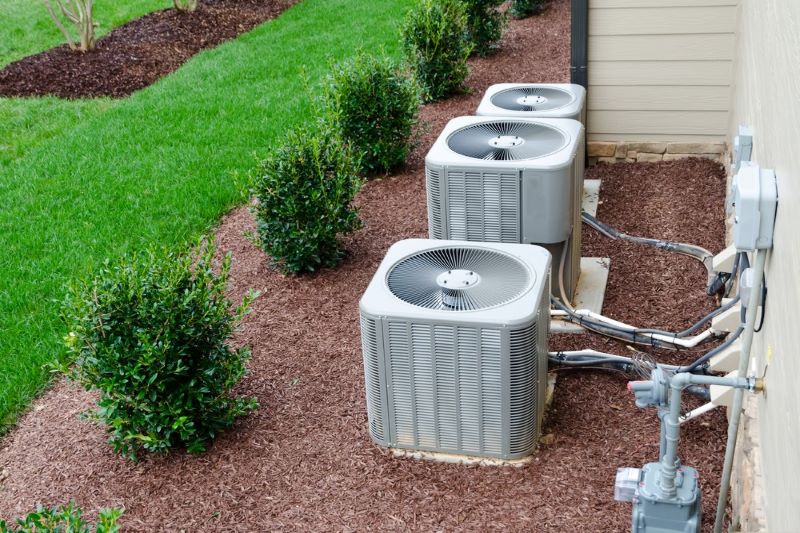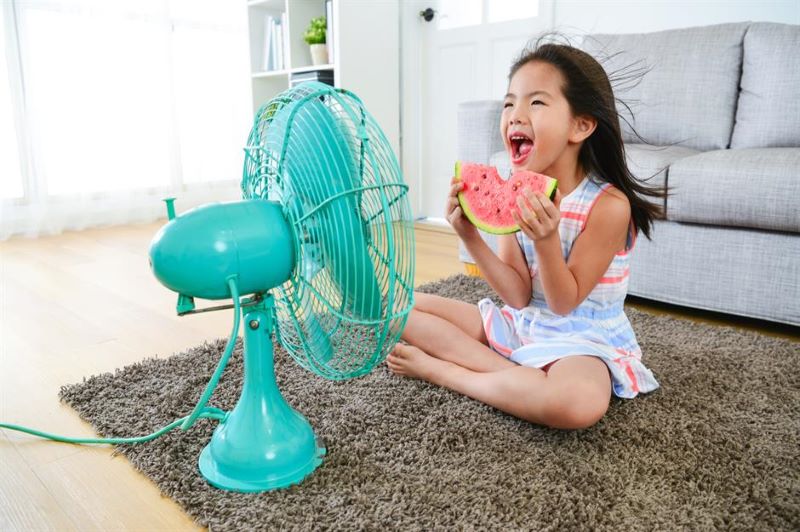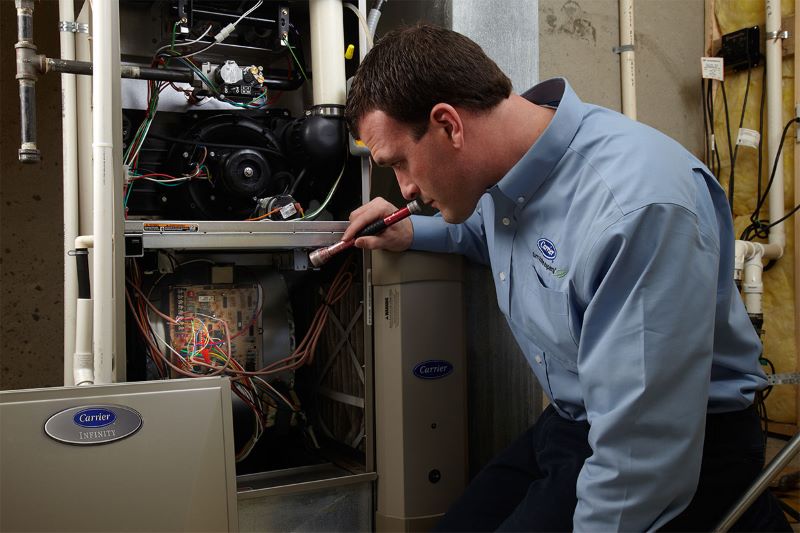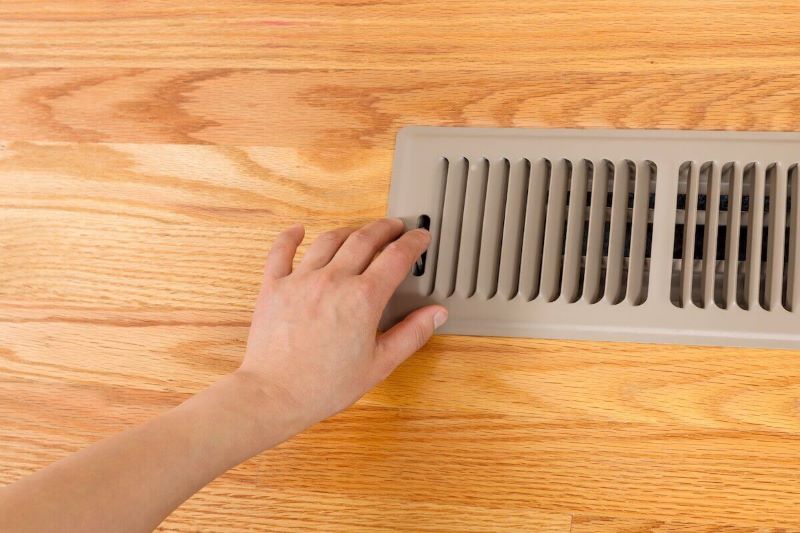Table of Contents
The Unsung Importance of Water Disposal in HVAC Systems
In the world of Heating, Ventilation, and Air Conditioning (HVAC), much of the spotlight falls on the systems that heat and cool our environments. However, an equally important yet often overlooked aspect is the effective disposal of water produced during these processes. This essential function, often handled quietly in the background, is crucial for the efficiency and longevity of HVAC systems.
Key Players in HVAC Water Disposal
The Role of Condensate Pumps
A prime example of such a device is the condensate pump. Condensate pumps are specially designed to collect and dispose of the water (condensate) that forms as a byproduct of heating, cooling, and dehumidifying processes. Their efficient operation is critical in preventing water accumulation, which can lead to damage or malfunction in HVAC systems.
Various Types of Water Disposal Devices
Apart from condensate pumps, there are various other devices and systems in place to ensure proper water disposal. These include drain pans, condensate drain lines, and evaporator coils, all working in tandem to keep the system running smoothly and efficiently.
Understanding Condensate in HVAC Systems
Formation of Condensate
Condensate primarily forms when warm, humid air comes in contact with the cold surfaces of an HVAC unit, such as the evaporator coils in an air conditioner. This process is similar to the beads of water that form on the outside of a cold glass on a hot day.
Potential Issues with Condensate
If not properly managed, condensate can lead to several issues. It can cause water damage, foster mold growth, and even impair the operational efficiency of the HVAC system. Therefore, effective disposal of this water is not just a matter of maintenance, but also of health and efficiency.
How Condensate Pumps Work
The Mechanism
Condensate pumps are typically small, box-like units installed near the air handler or furnace. They collect condensate in a holding tank. Once this water reaches a certain level, a float switch activates the pump, which then expels the water through a connected drain line.
Installation and Maintenance
Proper installation and regular maintenance of condensate pumps are critical. This includes ensuring correct positioning, regular cleaning of the tank and lines, and checking the float switch and pump operation to prevent any malfunctions or blockages.
Other Water Disposal Methods in HVAC
Gravity Drains and Drain Pans
In some systems, especially where the HVAC unit is installed above ground level, gravity drains and drain pans are used. These allow condensate to flow naturally out of the system, requiring proper installation and slope to function effectively.
Evaporative Methods
Some modern systems use evaporative methods to dispose of condensate. These systems are designed to evaporate the condensate, eliminating the need for pumps or drains. However, they are only suitable for certain climates and system types.
The Importance of Regular Maintenance
Preventing Blockages and Leaks
Regular maintenance of water disposal systems, including condensate pumps, is crucial in preventing blockages, leaks, and water damage. This involves routine inspections and cleaning of components like drain lines and pans.
Ensuring System Efficiency
Proper maintenance also ensures that the HVAC system operates at maximum efficiency. A well-maintained water disposal system helps in maintaining the desired humidity levels and temperature control, leading to energy savings and extended equipment life.
Innovations in Water Disposal Technology
Smart HVAC Solutions
Advancements in technology have led to the development of ‘smart’ HVAC systems, which include innovative water disposal solutions. These systems can automatically detect and respond to potential issues in water disposal, offering preemptive maintenance alerts.
Eco-Friendly and Sustainable Practices
There is also a growing trend towards eco-friendly and sustainable practices in HVAC water disposal. This includes the reuse of condensate for purposes like irrigation or cooling, contributing to water conservation efforts.
The Role of Professional HVAC Services
Expert Installation and Repair
Professional HVAC services are vital in ensuring that water disposal systems are correctly installed and maintained. Experts can provide valuable advice on the best practices, latest technologies, and efficient solutions for specific HVAC setups.
Regular Professional Maintenance
Scheduling regular professional maintenance checks can help identify and resolve issues before they become major problems. This not only extends the life of the HVAC system but also ensures it operates at its most efficient.
Celebrating the Silent Heroes
The effective disposal of water in HVAC systems, though a less glamorous aspect of heating and cooling technologies, plays a pivotal role in their overall function and efficiency. Devices like condensate pumps and other water disposal methods are crucial in maintaining the health of these systems and, by extension, the comfort and well-being of the environments they regulate. By understanding, maintaining, and innovating these essential components, we ensure our HVAC systems continue to operate seamlessly, making these silent heroes an integral part of our daily comfort and health.
